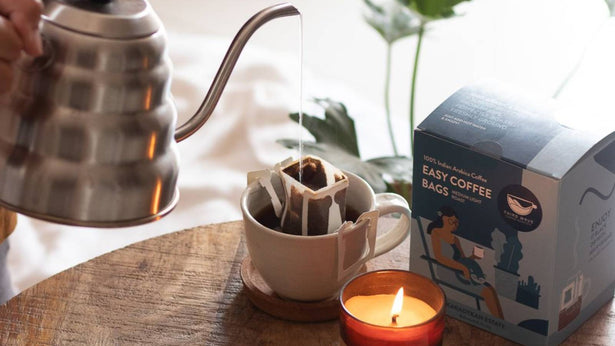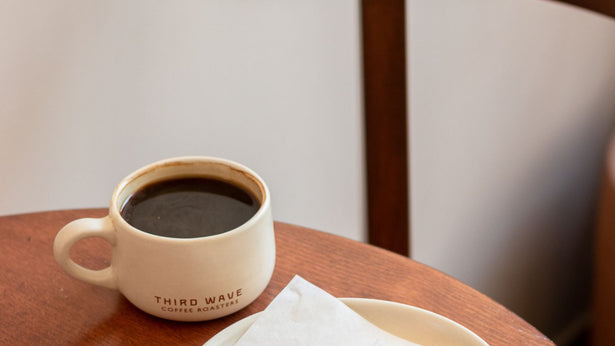Ahh, the age-old question, Arabica vs Robusta, what exactly is the difference between the two? If you’ve been around coffee, whether that be as a budding coffee lover or an experienced aficionado, chances are that you’ve come across this question multiple times on a regular basis. There are over 100 species of coffee grown around the world, and yet two species - The Arabica and The Robusta, account for nearly 95% of the coffee grown and used worldwide. So how do these beans differ from one another? And which one might be the choice meant for you? Read this article to find out!
The Smooth and Complex Cafe Arabica
When it comes to the production of Arabica coffee beans, special care must be taken to ensure that the sensitive Arabica coffee trees grow sufficiently well in height, has an environment with a well maintained constant temperature in the range of 15 to 24° C and has an ample supply of shade and humidity. Hence the reason why Arabica coffee is produced on high plateaus, sometimes on the mountainside, and is often surrounded by trees so as to protect it.
Arabica is known to provide fuller flavor, acidity, more developed aromas and a surprisingly lower concentration of caffeine. If our description of Arabica coffee has left you craving for some, then we’d suggest that you check out our Vienna Coffee Beans, a 100% Arabica roast that leaves a bittersweet chocolate, burnt caramel and toasted walnut aftertaste on your palettes and allures your buds enticing them to come back for more!
The Powerful Robusta Coffee
Robusta, holding true to its name, is a robust coffee. It accounts for nearly 30% of the coffee produced worldwide. Robusta coffee is grown at lower heights compared to its cousin, at around 300 and 800 meters above sea level. It also has great resistance to diseases and has a higher yield.
Robusta coffee brings with it a fuller body and powerful flavor profile, has a lesser developed and pleasing aroma and also has a greater concentration of caffeine in comparison to Arabica. It is mainly grown in Africa, Indonesia and India. Robusta coffee beans also come with the added benefit of complementing various blends, a reason why producers use them for pre-ground and instant coffees.
Arabica vs Robusta: The Differences
We reached out to our team of talented baristas who have years of experience working with the best coffee beans from around the world and asked them to answer the question of Arabica vs Robusta. And this is what we got,
- Arabica has lesser caffeine content than the Robusta.
- Arabica has a sweeter, smoother taste to it. Robusta is generally more bitter and harsher on the taste buds.
- Arabica is costlier than its counterpart because of the specific growing conditions it requires
- Robusta plants are sturdier in the face of pests and diseases. Arabica, not so much.
- Arabica plants need more skilled manual work during cultivation & processing, while the cultivation & processing process for Robusta is generally easier
Arabica and Robusta both bring with them a list of pros and cons and tagging one to be better than the other is simply not fair. It all boils down to taste and personal preference. Arabica coffee is widely more popular than Robusta, but the scenes are changing with more and more people liking the better processed Robusta coffee.
Robusta is recommended for those who like their coffee to be strong and slightly bitter, with a slight oomph to it! Arabica is meant for those who enjoy having a sweet, complex and aromatic profile while drinking their coffee. If you’re new to the world of coffee, make sure to try your hand at both the coffee beans. This will help you understand your personal preferences and help answer the question, Arabica vs Robusta in your own unique manner.

